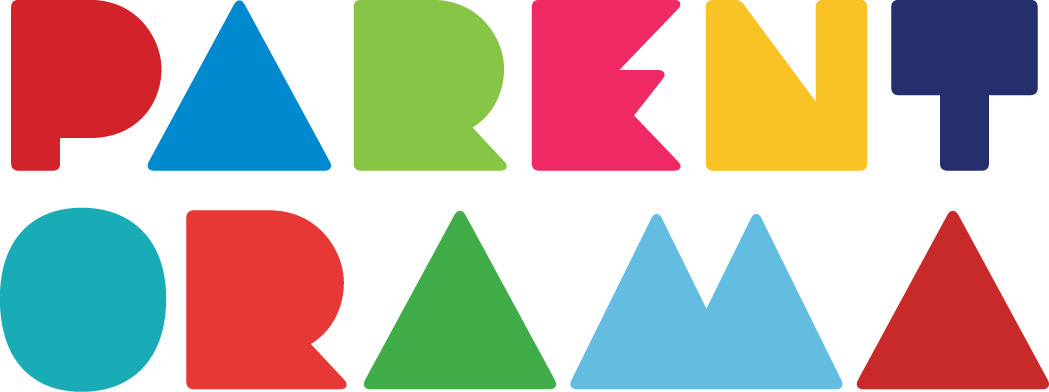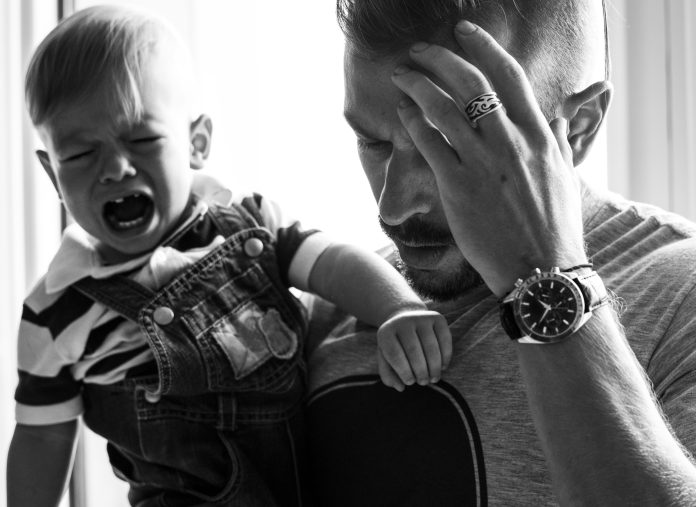And yes, it’s a fact: postpartum depression is not just for mothers. Experts note that it also affects new fathers with the arrival of their baby. Specifically, it has been observed that male postpartum or postnatal depression is a real phenomenon of our times. Even if it may seem strange or even paradoxical, it is absolutely true.
A man also experiences changes upon hearing about his partner’s pregnancy. Let’s consider what he goes through and feels during the pregnancy, even if it seems nothing is changing for him (e.g., physical changes, hormonal disruptions due to pregnancy, etc.). Nevertheless, he too enters a new and unfamiliar process with emotional fluctuations that may remain unexpressed, as the focus is understandably on the expectant mother.
How does male postpartum depression manifest?
It is natural for an expectant father to experience anxiety, worry, and fear about the future and his new role in the family. However, if he becomes more frequently disappointed, angrier, more irritable, and short-tempered than usual—even hostile—then something may be amiss, as postpartum depression may be taking its toll.
Signs become more evident if the expectant father suddenly begins to:
- Drink alcohol.
- Use toxic substances.
- Exhibit changes in appetite and sleep, gastrointestinal issues, headaches, nausea, etc.
Of course, in many cases, the presence of these symptoms is not a strict prerequisite for poor mental health in fathers. However, they do require attention.
What do experts say?
According to specialists, it is estimated that 1 in 10 fathers will experience symptoms of postpartum depression during pregnancy, with these symptoms peaking 3-6 months after the baby’s arrival. Additionally, the likelihood of experiencing these symptoms doubles in the first year after birth.
Causes that can trigger male postpartum depression
Depression is a mental illness that often works silently, and those suffering from it might only realize its presence when it has firmly taken hold, affecting both their mental state and daily life. What can trigger this condition in men? Indicatively, key causes might include:
- The partner’s postpartum depression.
- The young age of the father-to-be.
- Emotional immaturity.
- Lack of a supportive environment, leading to feelings of loneliness, helplessness, and inadequacy.
- Financial problems and unemployment.
- Potential conflicts in the relationship.
- External conflicts, e.g., at work or within the extended family.
- A family history of mental health disorders, depression, or anxiety.
- Heavy alcohol consumption.
- Use of toxic substances.
- Other health issues.
- Fatigue and sleep deprivation.
If there are suspicions of postpartum depression in the father, it is crucial to provide him with the opportunity to talk and express the feelings overwhelming him before they take over completely. In the fight against postpartum depression, the couple must be united, working together to overcome feelings of fear, despair, futility, anger, and more.
If you are a new dad—or will be soon—and recognize any of the above behaviors in yourself, don’t hesitate to open up so a solution can be found early. This will allow you to enjoy a happy family atmosphere with your little one at home.
Mental health is the “key” to a happy life. Don’t forget to take care of yourself!



